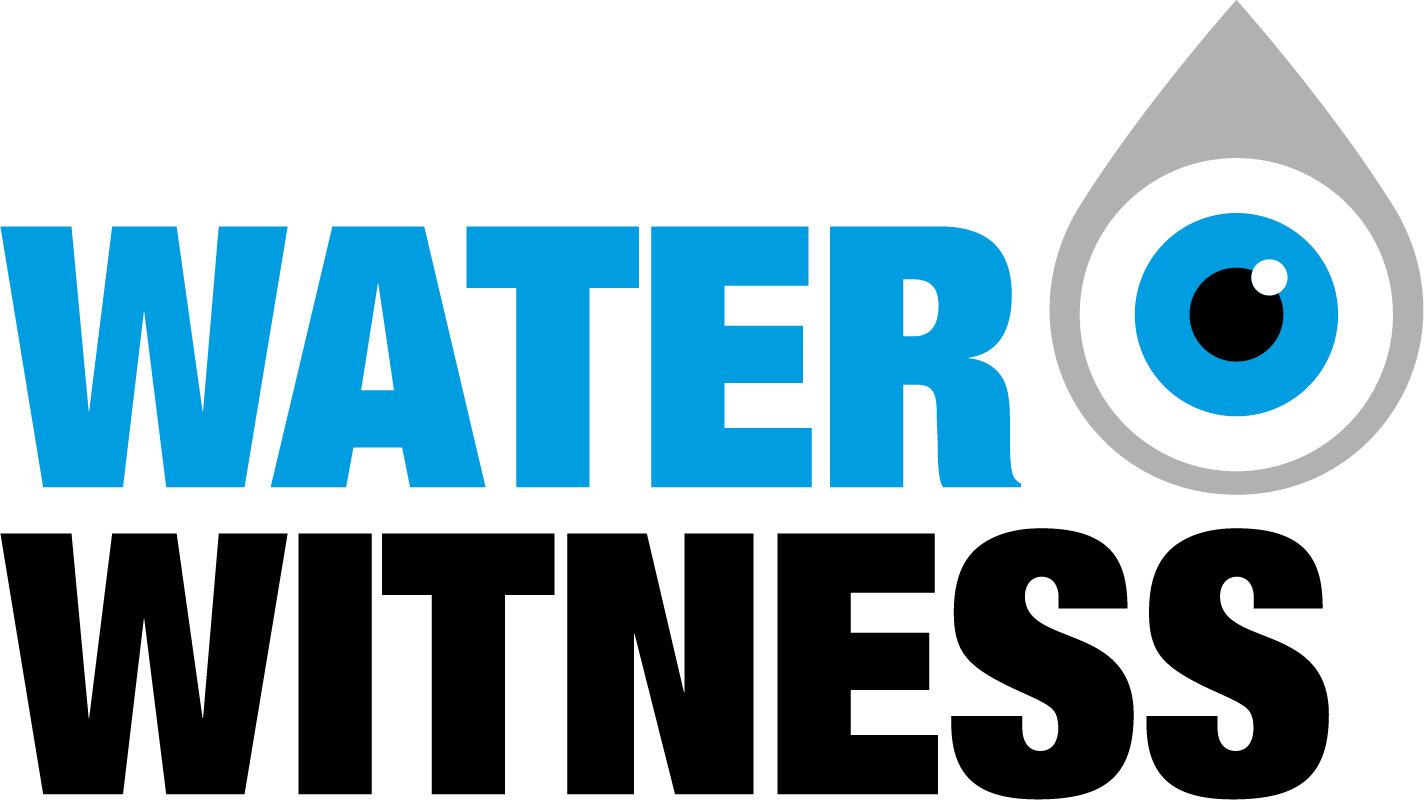Water Stewardship Action for Small-holders in Africa
The climate and water risks facing small-and medium scale water users and smallholder farmers and their communities pose significant challenges to sustainable raw material production. This is a growing concern for progressive businesses like Serengeti Breweries Ltd (SBL) in Tanzania who obtain raw materials, barley, sorghum and maize through direct relationships with small farmers and on the open market.
Through Maji SASA!, a wide range of partners are seizing the opportunity to work in collaboration to better understand and address these risks in SBL’s supply chains to support business, community well-being, local livelihoods, and sustainable economic growth.
SBL’s suppliers face a range of water-related business risks, including impacts of erratic rainfall on yields, flood and drought events, pollution and catchment degradation, regulatory non-compliance, water conflict, and the inadequacy of water supply, sanitation and water-related infrastructure. Barley, the primary input for the brewery is highly vulnerable to erratic rainfall and uncertainty regarding its local availability in dry years presents a very significant business risk.
Analysis of the root causes of these challenges supported the development of six modules of support to improve the water security and reduce business, water and climate risks for small-to-medium sized farm enterprises.
As the first exercise to characterize water risk and opportunity in a large, diverse and dispersed agricultural supply chain, and to then target and evaluate action to address these, the work is globally pioneering. The work has filled an important gap in global water stewardship approaches, by developing a transferable methodology for efficiently prioritising and targeting effective responses to water and climate risks within dispersed supply chains for large groups of small-and medium scale water users.
Download our October 2018 Interim Evaluation report here




